Egypt has an undeniable role in the global potato and sweet potato market. According to the most recent data, Egypt is the sixth largest exporter of potatoes in the world, only behind the 4 European powers grouped in the NEPG block and the United States. Egypt is also the third biggest exporter of sweet potatoes, behind the Netherlands -which is very focused on re-exports- and the United States, a country with 9 times more area than Egypt, which despite having a desert that occupies two-thirds of its territory has become an agricultural power.
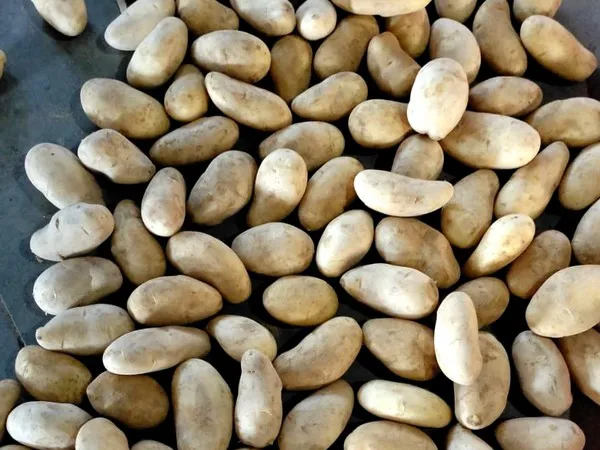
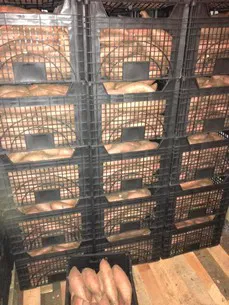 “We import potatoes of the Spunta variety from Egypt, which we send to Spain through the port of Algeciras. This year in particular we are noticing a greater demand for Egyptian potatoes in the market that has led us to double our work volume,” stated Miguel Gomez, from FenixFood, a company from Malaga. “As for sweet potatoes, we have been working on a counter-station production project in Egypt for 6 years. We started with the conventional product and 3 years ago we opened an organic line, which has the GlobalG.A.P. and Smeta ecological certifications. In fact, as the certifiers themselves have told us, we are the only producers of organic sweet potato in the country.”
“We import potatoes of the Spunta variety from Egypt, which we send to Spain through the port of Algeciras. This year in particular we are noticing a greater demand for Egyptian potatoes in the market that has led us to double our work volume,” stated Miguel Gomez, from FenixFood, a company from Malaga. “As for sweet potatoes, we have been working on a counter-station production project in Egypt for 6 years. We started with the conventional product and 3 years ago we opened an organic line, which has the GlobalG.A.P. and Smeta ecological certifications. In fact, as the certifiers themselves have told us, we are the only producers of organic sweet potato in the country.”
“At this time, in addition, we see that there is a lack of other products in the market, such as onions, and we are also studying importing them to Spain from Egypt. However, there are several problems that we must overcome,” Miguel stated. “One of them is that the yellow onion variety that is grown in Egypt is slightly flatter than the one that is grown in Europe and many customers do not want it for that reason. Some importers are reluctant to work with Egypt because, in the past, some exporters wouldn't make the necessary controls. It's an unfortunate thing, but there are companies in all countries that are created to speculate, thus generating issues. That's not how we work, and that's why we control the crop and the product that we import focusing on quality rather than volume. In the end, customer trust is won over by the product itself.”
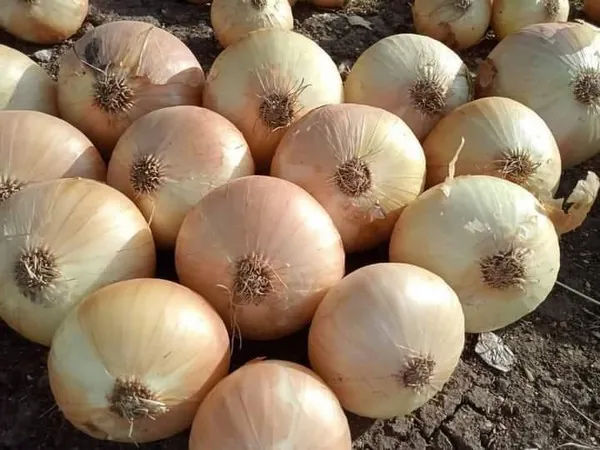
“In addition, we have to deal with different entry issues in Spanish ports in general, but especially in Algeciras; and it seems that no one is paying much attention to these problems when making imports. A container from Egypt that arrives in Rotterdam leaves the port the next day. That same container takes up to 7 or 8 days to leave the port of Algeciras, which is longer than the time it took to transport it there.”
Organic Okra from Honduras
FenixFood has also opened an interesting line of imported products that certainly do not adhere to the conventional circuit, such as the Nigerian tiger nut or the Honduran okra. “Two years ago we learned about the cultivation of okra from a farmer who was doing some tests in Almeria and we saw that it could be an interesting product; it is an exotic product but its consumption is increasing. We began to study how we could work with it and, after contacting a producer in Honduras, we began to import it to Europe,” Miguel stated. “We currently import 50 to 60 pallets a week.”
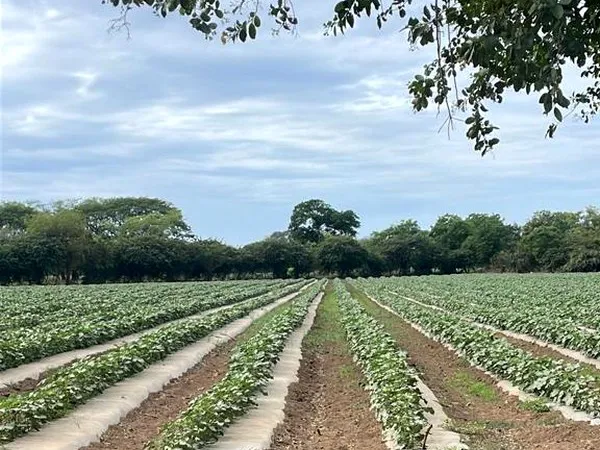
The okra segment is divided into two very distinct groups, he stated. “The Clemson-type American okra, which is distributed in Europe, and the Hindu-type okra, which is practically entirely destined for the United Kingdom and the Indian community.”
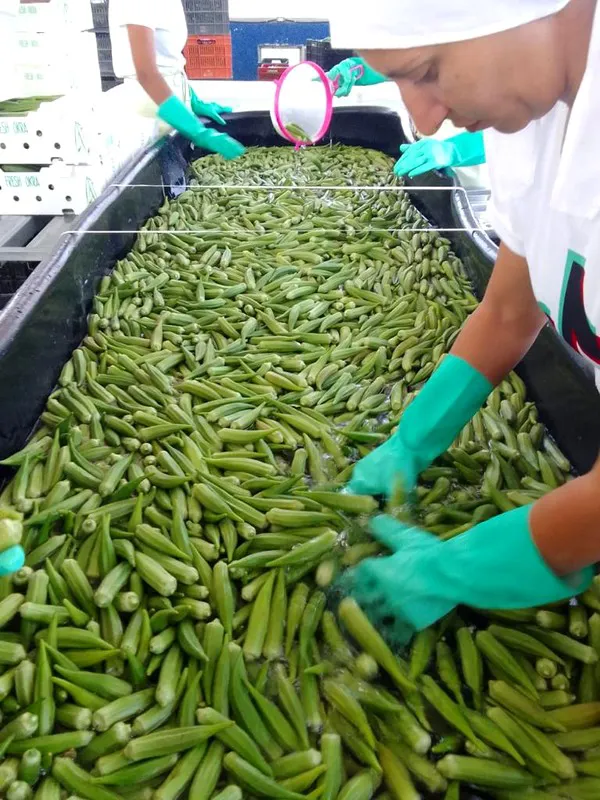 “We work both and, in truth, it's a product with very good prices. Now they start to drop a little because the price of okra is marked by the American market, but the price of a 5-kg box ranges between 21 and 26 euro.”
“We work both and, in truth, it's a product with very good prices. Now they start to drop a little because the price of okra is marked by the American market, but the price of a 5-kg box ranges between 21 and 26 euro.”
“In Honduras, we work with two producers that are building two warehouses to expand okra production for import, and our goal is to increase shipments to 80-90 pallets per week for Europe. Different customers have already called us to organize plantings in Honduras and Panama to make imports to Europe,” Miguel added.
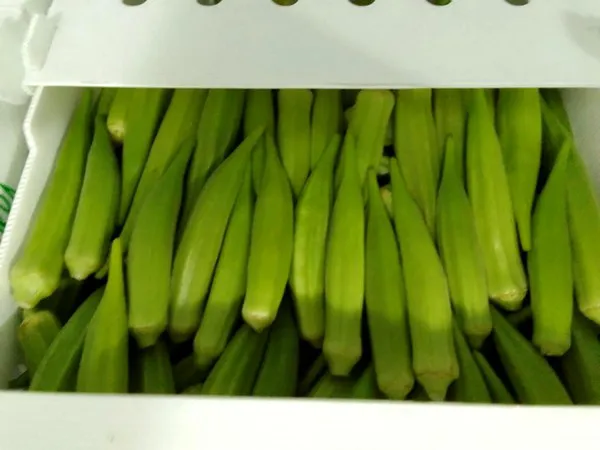
For more information:
FenixFood
Vélez-Málaga, Málaga (España)
Tel.: +34 687 43 79 01
[email protected]
https://fenixfood.es










